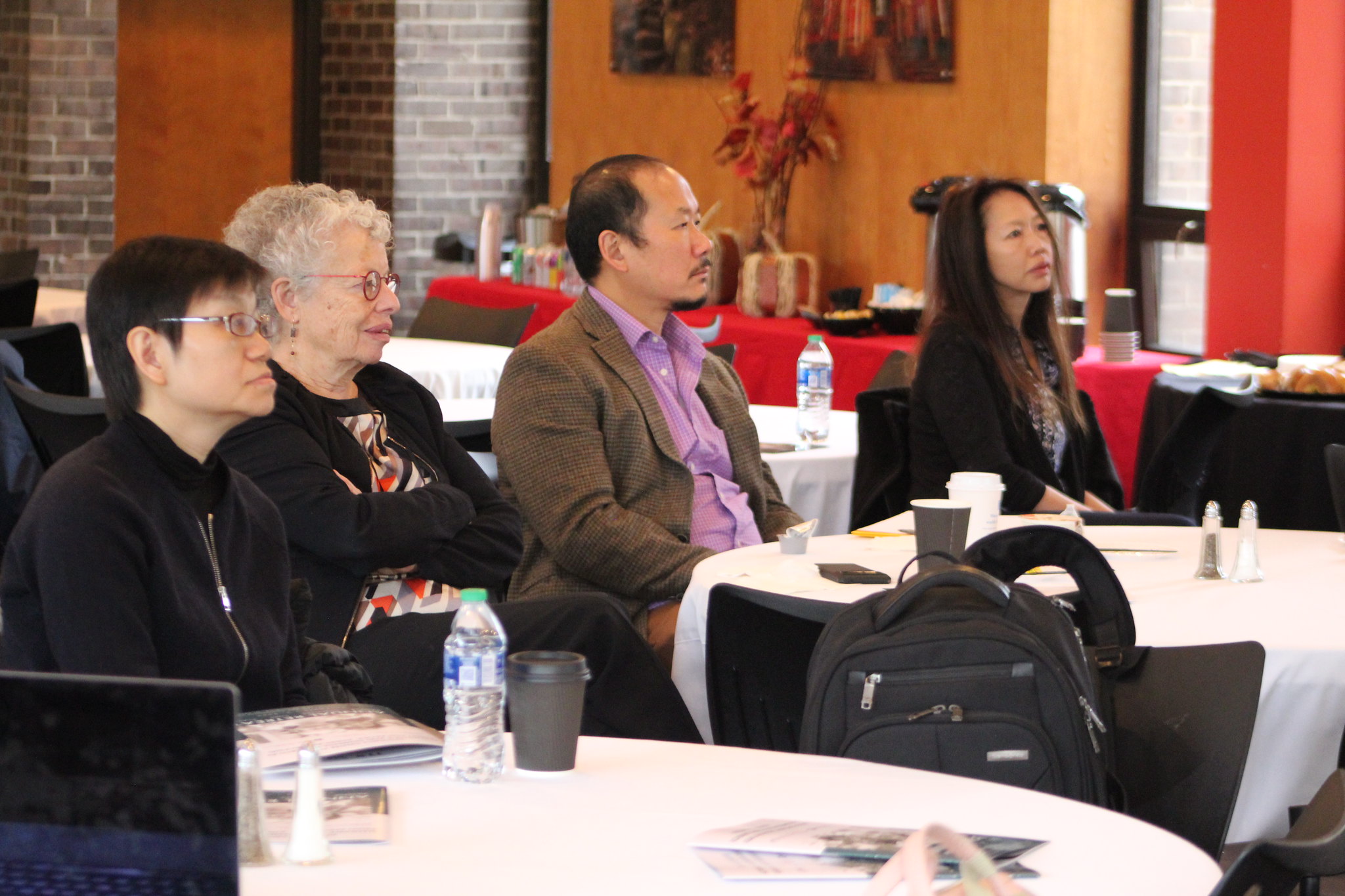ABSTRACT YEAR 5
Understanding the post-treatment needs of older adult Filipino American breast cance survivors.
- PI: Annalyn Valdez-Dadia, DrPH, MPH Assistant Professor, California State University, Dominguez Hills
- July 2022 – June 2023
Increasing rates of cancer survivorship presents a unique opportunity to develop studies and projects aimed at understanding and addressing the psychosocial factors affecting post-treatment older adult Filipino American breast cancer survivors (FABCS). The physical health issues of cancer survivors can be readily assessed, however, resources and services that affect the psychosocial well-being of long-term survivors has yet to be established. Building on prior studies with Asian American breast cancer survivors, the proposed project will fill knowledge gaps regarding the degree with which emotional and social support needs may hinder help seeking behaviors and contribute to unfavorable quality of life after cancer treatments end. This study aims to understand the post-treatment (≥ 1 year) experiences of FABCS, age 65 and older, and the physical and psychological issues affecting their health-related quality of life. Unmet needs of cancer survivors will vary by age, gender and type of cancer. It is imperative to explore what these basic needs are, in an effort to more effectively understand if and how existing resources are being used or if more specific services are needed but not currently available. Applying the social support theory to investigate psychosocial factors that may contribute to health disparities among post-treatment cancer survivors, the strength of this proposed research project includes: (1) Identification of emotional and tangible support needs of post-treatment older adult FABCSthrough primary data collection and analysis and (2) Development of research strategies that affect the unique, diverse and underserved older adult Asian American sub-populations dealing with chronic illnesses.
Cultivating resilience in the context of racial discrimination and oral health: an exploratory study of older Chinese Immigrants.
- PI: Weiyu Mao, PhD, MSW, MPhil Assistant Professor (tenure-track), University of Nevada, Reno
- July 2022 – June 2023
Good oral health is integral to healthy aging. Psychosocial stressors and resources are important, yet understudied, correlates of oral health in older immigrants. Ethnic designations are associated with profound implications on individuals’ health and well-being. Resilient resources that help deal with adversity are crucial in the face of racial discrimination. These resilient resources include informational support on oral health, oral health self-efficacy, trust in dental care providers, and oral health knowledge, attitudes, and beliefs. The evolving COVID-19 global pandemic has triggered aggravated racial discrimination against towards individuals of Chinese descent, including immigrants. This echoes the long history of oppressive anti-Chinese movements, cultural mistrust, and intergenerational and racial trauma in the U.S. Using a mixed-methods approach, this proposed project aims to qualitatively and quantitatively explore racial discrimination-related stressors and oral health-related resilient resources among purposive samples of older Chinese immigrants in the greater Los Angeles area. This proposed project will gather preliminary data, pilot test instruments, and prepare for a future NIH R01 application to design and develop age-, culturally-, and linguistically- appropriate oral health interventions. Gaining firsthand experiences and perspectives from older Chinese immigrants will be invaluable to set up the stage for psychosocial interventions to improve oral health and quality of life in this fast growing, vulnerable population.
Building resilience using photovoice among Filipino American care partners.
- PI: Mary Dioise Ramos, PhD, RN Assistant Professor, Kennesaw State University
- July 2022 – June 2023
Despite rapid increases in the population during the past decades, Filipino Americans remain one of the most poorly understood and neglected racial/ethnic minority groups. Palliative care is not yet well known in general, including among Filipino immigrants, unless they are more acculturated in the health care industry and are more familiar with it. Most people seem to adjust to the care partner role and the loss of a close person and recover from the emotional strain. However, some experience a long-lasting decline in their mental and physical health and are even at an increased risk of death. This study will fill the gap in our understanding of the experienced of bereaved Filipino American care partners who have provided palliative and end-of-life care to their loved ones in their last year of life. Preliminary studies suggest that experiencing trauma exacerbates the risks for health indicators, social support, and resilience on the health span of older adults. Resilience involves a positive mechanism for change that happens over time and is considered a protective factor in relation to psychological distress. It is critical to develop an intervention program that reflects the Filipino Americans’ unique physical, social, environmental conditions and identify effective implementation strategies in building resilience, potentially through meaningful interactions for outreach and engagement. Photovoice (PV) is a participatory action research methodology involving photography and reflection. PV will explore the experiences and perspectives of Filipino American care partners who have provided palliative and end-of-life care to their loved ones.



